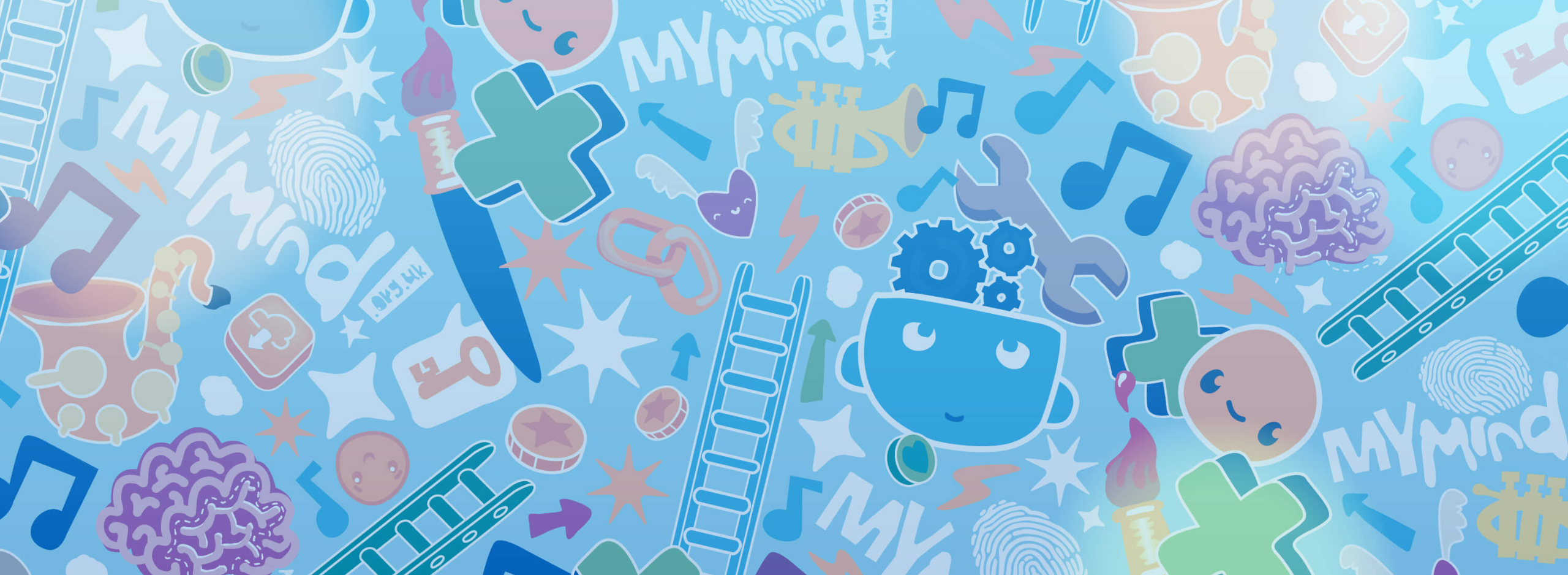If you are looking at this website then it’s possible you are concerned that you are worried a child or young person you are friends with or are related to may have some worries about their relationship with food and how they feel about their body.
It’s good that you are taking a look and we hope that the information below will help you make a decision on what to do next.
It is extremely important that eating disorders are treated as early as possible in order to promote a full recovery
It can be difficult to know what to do if you're concerned that someone you know has an eating disorder.
People with an eating disorder are often secretive and defensive about their eating and their weight, and they may deny being unwell.
You may find it difficult and stressful to approach someone you care about who has an eating disorder. You may wonder what to say, or be worried about what will happen as a result. These are legitimate fears. Rest assured, however, there are things you can do to offer support and you are doing a great thing by looking for more information; many individuals now in recovery from an eating disorder say the support of family and friends was crucial to them getting well.
Be Patient
When you approach the individual for the first time, do not be surprised if they reject your expression of concern. They may even react with anger and denial. There is a lot of shame and pain that goes along with having an eating disorder. It's also important not to rush the person, and instead recognize that it will take time for the person to make changes.
Be Knowledgeable
It's important to understand that an eating disorder is a coping strategy that the individual uses to deal with deeper problems - problems may be too painful or difficult to deal with directly. Remember: Eating disorders are not simply about not eating or vanity! This website can provide you with additional information that is worth learning, information you may also want to offer to your family member or friend.
Be Compassionate
Eating disorders are a complex problem, and food and weight issues are only the symptoms of a deeper problem. It's important to understand that the person would prefer to have healthier coping mechanisms and is doing the best they can at the moment. Show compassion for the pain and confusion that the individual is experiencing.
Parents, siblings, partners, friends, extended family, work colleagues and others often experience many different feelings as they learn to cope with the effects of the eating disorder on the person and on their own lives. The strain of living with the eating disorder can create tensions and divisions within the family. Each person involved will be affected in different ways. Common reactions include:
Confusion about:
- The eating disorder and recovery process
- Why this has happened
- The best way to handle the illness in the family, partnership or friendship circle etc
- Knowing what to say and how to say it
- How to support the person
Grief and anger about:
- Loss of the person’s mental and physical health
- Change in the person’s behaviour, denial of problem and/or refusal to get help
- The difficulties or changes the eating disorder is creating in the family, partnership or friendship circle
- Not being able to make the person well
- Loss of time alone and/or with other family members/friends
- Loss of trust for the person who may behave deceptively
- Feeling a loss for the person who may have lost sight of their goals and ambitions
Guilt or fear about:
- Being responsible for the eating disorder
- Not recognising the eating disorder earlier
- Not providing effective support and help that is required to promote recovery
- That the person may not recover
Take care of yourself
Seeing someone you love struggling with an eating disorder might make you feel very scared, angry, frustrated and helpless.
- Do not take on the role of a therapist. Do only what you feel capable of. Try to get some support for yourself. You need to take care of yourself while dealing with your friend/family member and might want to speak to a counsellor or health professional.
- Make sure you continue to take care of you own physical, emotional and spiritual needs.

